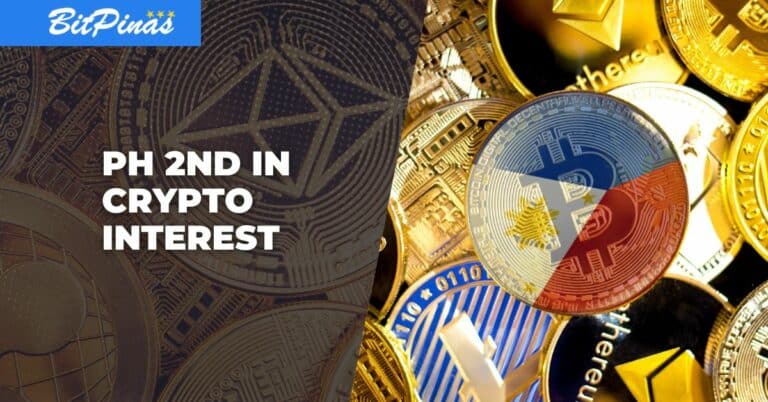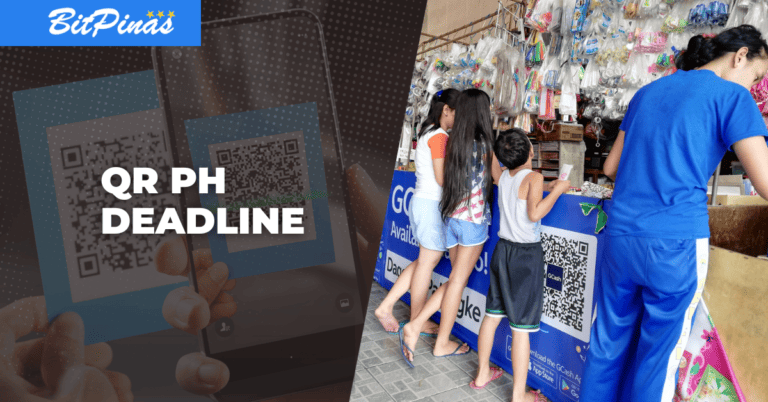Fear of Crypto Scams: Filipino’s Top Barrier to Enter
Learn about the main barrier preventing Filipinos from entering the crypto space and explore initiatives addressing this issue.
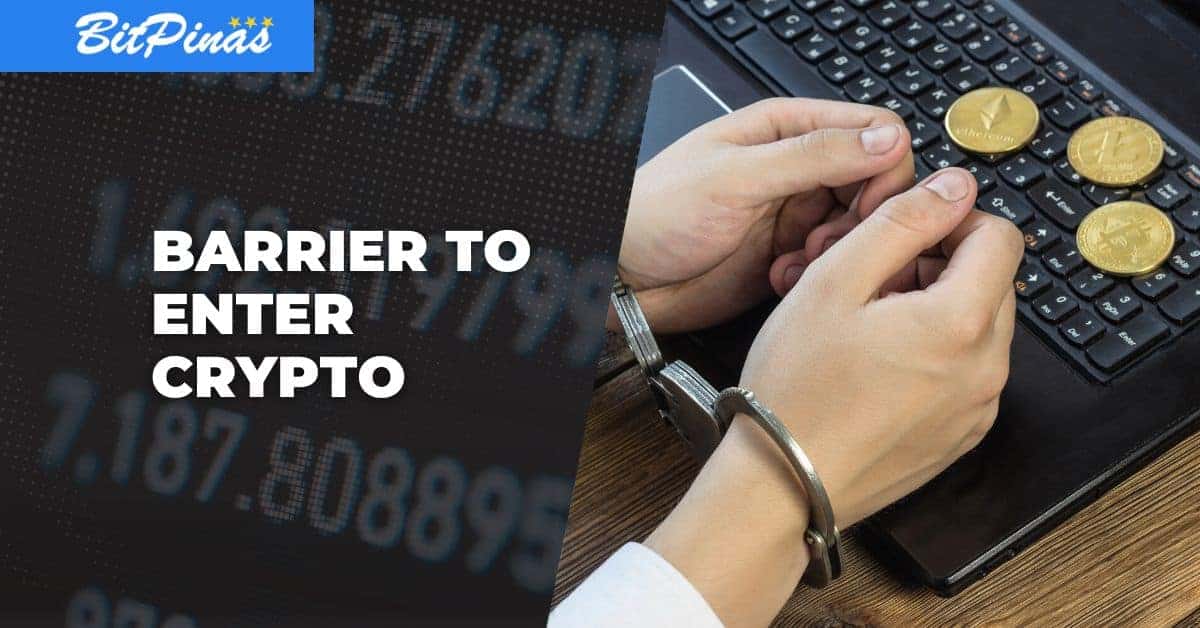
- Fear of scams is the main barrier for Filipinos entering the crypto space, according to a recent research by ConsenSys and YouGov.
- The perception of volatility is a global and Asian barrier, but in the Philippines, fear of scams remains the highest barrier.
- Other reasons mentioned by Filipinos include market volatility and a lack of knowledge on where to start.
A recent research revealed that Filipinos’ fear of scams is the main barrier preventing them from entering the crypto space. The data was released by Ethereum firm ConsenSys, gathered online by international online research data and analytics technology group YouGov.
Read main article: Consensys: 65% of Pinoys are Curious about Crypto Investing
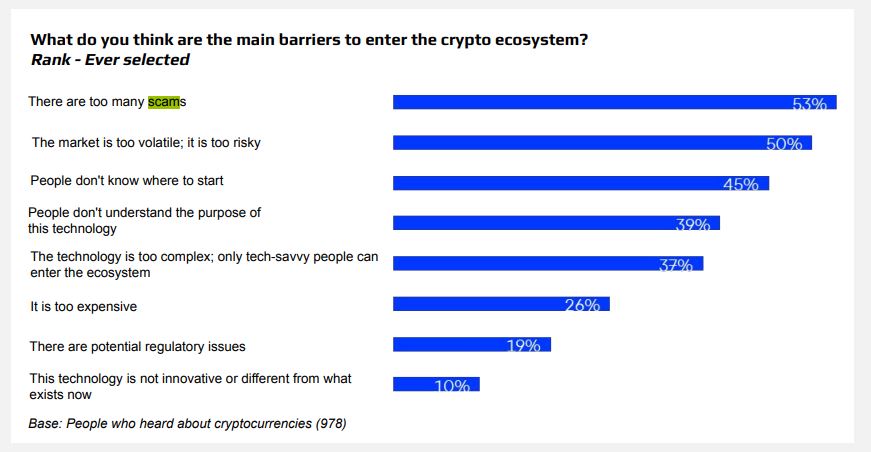
Barriers to Filipino Crypto Adoption
As per the data, the primary barrier preventing individuals from participating in cryptocurrencies is the perception of volatility, according to the average results in a global and Asian context.
However, the situation in the Philippines differs from the global and Asian trends; the survey results indicate that the fear of scams is the highest barrier to entry for Filipinos when it comes to the crypto ecosystem. Results show that 53% of the Filipinos surveyed states that their fear of scam is their main reason for not venturing.
In addition to the fear of scams, other significant reasons mentioned by Filipinos include market volatility, 50% of the respondents confirmed, and a lack of knowledge on where to start (45%).
The Consensys’ “Global Survey on Crypto and Web3” was conducted between April 26th and May 18th, 2023, gathering data from a representative sample of 15,158 individuals aged 18-65 across 15 countries in Africa, the Americas, Europe, and Asia.
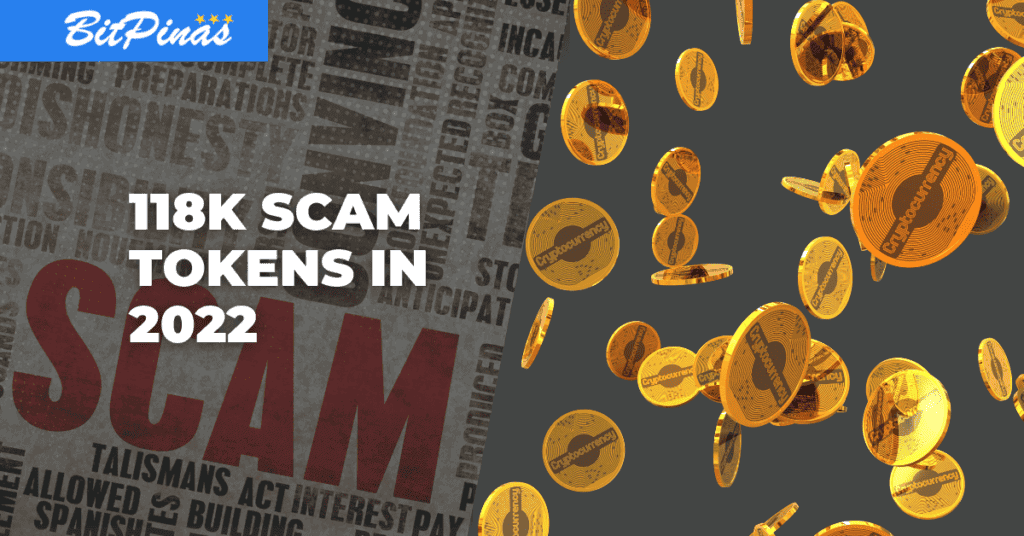
Scams involving Crypto in PH
Globally, crypto scams have been evident along with the rise of popularity of the industry. In 2022, Solidus’ 2022 Rug Pull report revealed the increase in scam tokens, with 117,629 created, marking a 41% rise compared to the previous year’s 83,400 scam tokens. Then in 2021, two studies stated that 97.7% of the tokens launched on the decentralized cryptocurrency exchange Uniswap are locking contracts that tend to become rug pulls or malicious tokens eventually.
Rug pulls are schemes wherein a developer creates a project, promotes it to investors, and then disappears with most (if not all) of its profit–locally, it actually, momentarily, happened in the Surf Shark Society Fiasco in 2022. Two days after the issue, the team initiated the process of refunding all individuals who still possess the Surf Shark non-fungible tokens (NFT).
In the Philippines, cryptocurrency or digital asset-related scams are being flagged mostly by the Securities and Exchange Commission (SEC). Over the years, the regular has sent advisories against entities leveraging on the virtual assets’ popularity in the country; the fraudulent firms include BitPrime, CryptoGix, Crypto Marketers, Lodicoins, Crypto Finance Hub, and other crypto investments.
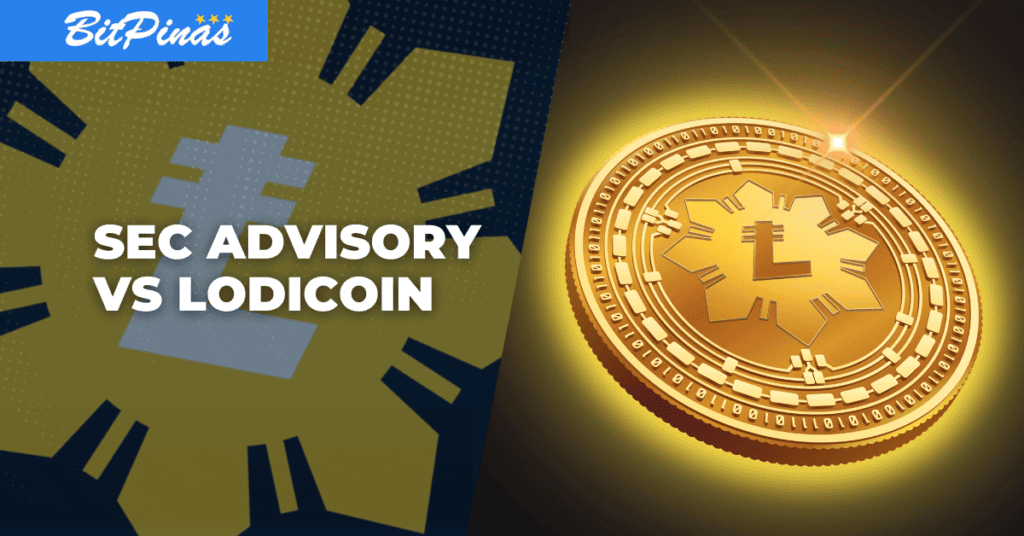
Currently, the Commission still seeks a specified regulation from the legislation to allow it flag entities aside from the charge of violating the Securities Regulation Code. During an interview last March, Commissioner Kelvin Lester Lee disclosed that their team has completed the drafting of a regulatory framework for cryptocurrencies in the country–but it is still yet to be released.
Moreover, the SEC clarified the classification of crypto as securities in the Implementing Rules and Regulations (IRR) for the Financial Products and Services Consumer Protection Act (FCPA) is not final and currently still in the drafting stage.
Crypto-focused Education Initiatives
Aside from SEC, other Filipino crypto enthusiasts confide with cryptocurrency expert and Yield Guild Games (YGG) Country Manager Luis Buenaventura’s Facebook page and other social media accounts which allow people to ask questions regarding crypto-related inquiries.
There are also other entities and initiatives that provide crypto education such as PDAX, Coins.ph, Maya, SparkLearn EdTech, Metacrafters, Bitskwela, Web3 Metaversity and more.
Binance Academy, the educational platform of Binance for crypto and blockchain, has also been active in the Philippines. Recently, the first leg of the Southeast Asia University Tour by the academy concluded in the Philippines, where it visited five educational institutions.
This article is published on BitPinas: Fear of Crypto Scams: Filipino’s Top Barrier to Enter
Disclaimer: BitPinas articles and its external content are not financial advice. The team serves to deliver independent, unbiased news to provide information for Philippine-crypto and beyond.


